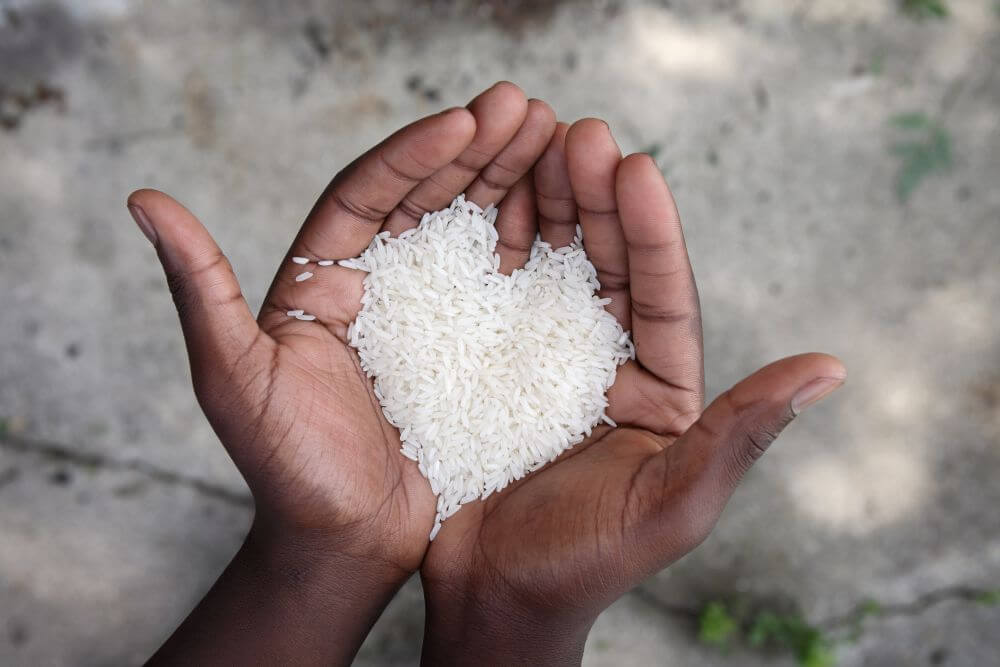Your wasted food really can help starving people in other countries

It’s a regular conversation at dinner tables around the country – parents scolding their children for not finishing their dinner, saying that they should think of the starving children in Africa who don’t have any food to eat.
But as a child, did you ever wonder how your half-eaten meal in New Zealand was going to be of any use to starving children thousands of kilometres away?
Whether your parents actually knew it or not, they were on to something.
Wasted food in New Zealand does affect starving people on the other side of the world, but maybe not in the way that you think.
When food is wasted and ends up at the rubbish dump, it decomposes without oxygen which causes it to release methane – a greenhouse gas which is 84 times more potent than carbon dioxide.
Methane is a major contributor to climate change, which is causing our global temperatures to rise.
Whilst climate change is a universal issue that affects all of us, it is one where the world’s vulnerable people are going to be impacted the most.
Seventy-five percent of the world’s poorest people don’t buy their food, they grow it. This means that they are at the mercy of the weather. There are now 400 extreme weather events every year, four times as many as in 1970. With the increased intensity of floods and droughts that are a result of climate change, people’s food sources will be under threat more than ever.
In New Zealand, we are lucky to have diversity and an abundance of food. Severe wet weather this year did create a shortage of some vegetables, but we produce enough varieties of food that there are plenty of other things on offer.
In other places with less diversity and infrastructure, the consequences can be far worse.
Drought, for example, is one of the most common causes of food shortages. With warmer temperatures, droughts will become more common and more widespread, putting greater pressure on those who rely on the land, not only for their own food but for their income also.
Already one in nine people in the world go hungry, a figure that could easily rise along with the temperatures.
By wasting food in New Zealand, or any part of the world, we are compounding the speed of climate change.
Your leftover food in Auckland might not literally be able to feed people on the other side of the world, but by making an effort to reduce how much food you waste, you are helping to reduce New Zealand’s greenhouse gas emissions and slow the rate of global warming.